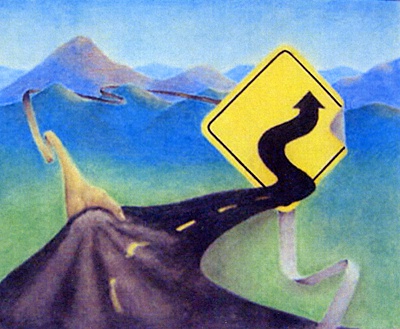All Nonfiction
- Bullying
- Books
- Academic
- Author Interviews
- Celebrity interviews
- College Articles
- College Essays
- Educator of the Year
- Heroes
- Interviews
- Memoir
- Personal Experience
- Sports
- Travel & Culture
All Opinions
- Bullying
- Current Events / Politics
- Discrimination
- Drugs / Alcohol / Smoking
- Entertainment / Celebrities
- Environment
- Love / Relationships
- Movies / Music / TV
- Pop Culture / Trends
- School / College
- Social Issues / Civics
- Spirituality / Religion
- Sports / Hobbies
All Hot Topics
- Bullying
- Community Service
- Environment
- Health
- Letters to the Editor
- Pride & Prejudice
- What Matters
- Back
Summer Guide
- Program Links
- Program Reviews
- Back
College Guide
- College Links
- College Reviews
- College Essays
- College Articles
- Back
Cesar Chavez Narrative
Growing up in North Gila Valley, Arizona was not easy for Cesar Chavez and his family. And the great depression in the 1930’s was no help to the Chavez family, making them lose what little they had. Moving to California so his family could find work, Cesar Chavez attended 30 different schools until he dropped out of school in the eighth grade to help support his family. As a teen he would take sick farm workers to the hospital. Later on in 1948 Cesar Chavez married Helen, a wonderful woman, very full of life, truly a very splendid woman everybody who meet Helen would say. Later he went on to have eight kids. With no other option left, for the lack of education and skills he was forced to work in the fields to help support his own family. He saw that the way the grape owners treated their workers, in a cruel kind of way. What did he do? Well he did what any civil leader would do: He helped those who needed it.
My eighth child has been born. It is my responsibility to give food and shelter to my growing family. I might not get paid much because I was not able to get a good education, I have the only option to go working the fields. Work is hard to find in just one area. That is why when I was a little boy my family would move a lot. I ended up attending thirty schools in California. Dropping out of school by eighth grade to help support my family in great need trying to provide everyday supplies for me and my five brothers and sisters and my mom I always felt like my parents shouldn't be doing the hardest kind of work just to get by. Life was not easy for my parents and me working our hearts out for a little pay. Not to mention the work conditions were terrible. There are no shade and sometimes they don't even pay us for our hard work. With the fear of being deported we could not do anything about it. So some days we would go home with absolutely no money in our pockets. Tired and hungry. As teenager I would take farm workers to the hospital when they would feel sick. I never charged them anything or did I ever accept the money they would want to give me. My mom taught me to help others without asking for anything in return. I never took the money of the people who I helped, even if they offered it to me. But in me I felt that these people should not have to go through this, they don't deserve it. So that’s when I started the UFW (United Farm Workers) to help those who felt like they were not getting the conditions and the pay that they so much deserved. The UFW was new so it was long before the association was ready to join any kind of protest, then Filipino American grape workers asked us to join their protest of a year of terrible conditions and low pay. On September 16, 1965 we joined their protest against the grape growers. But we knew that this was going to be a protest different from all the others. We would win with honor, no violence needed. I made the workers take an oath to use no violence to win the protest because I knew that violence would only make things worse for us and the grape growers. I led the 300 mile march from Delano to Sacramento. I placed the workers right on the conscience of the American people. The strikes led to boycotts which eventually spread to the rest of North America. I knew that the only weapon that the workers had was the will to not quit. In February 1968, I fasted for 25 days trying to follow the ways of my hero, Gandhi. I fasted to get better work conditions. The doctors had told me that my life was on the line of only drinking water and no food. Many of the UFW staff did not know why I would fast for long periods of time and were worried sick about my health. But the time I spent fasting work as I had planned. All the talk and thoughts of violence came to a halt and staid their. When the grade boycott was ended it would be the first protest in the USA to not end in total failure. It would end up being the first successful one too. Even 100 years before me, the farm workers tried to make a union but failed really badly. Now that this boycott is over I don't know what to do now I haven't really put much thought into it. We’ll see. I hope I will continue to help those who need it.

Similar Articles
JOIN THE DISCUSSION
This article has 0 comments.
